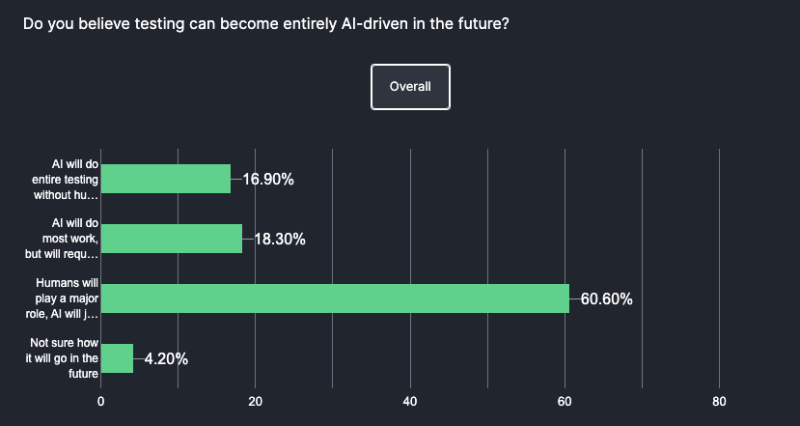Hello, Dev.to community! My name is Anas Karah, and today I want to dive into a comparison between two of the most popular frontend frameworks: React and Angular. As a Full-Stack Software Developer, I have extensive experience with both frameworks, and I’d like to share my insights to help you decide which one might be best for your next project.
Introduction
React and Angular are both powerful tools for building modern web applications. However, they each have their own strengths and weaknesses that can make one more suitable than the other depending on the project requirements.
Overview of React
React is a JavaScript library developed by Facebook for building user interfaces. It’s component-based and allows developers to create reusable UI components.
Pros:
Virtual DOM: Efficient updates and rendering.
Component-Based: Encourages reusable components.
Ecosystem: Large community and a vast array of third-party libraries.
Flexibility: Can be integrated with other libraries or frameworks.
Cons:
Learning Curve: Requires understanding of JSX and JavaScript ES6+.
Boilerplate: Needs additional libraries for state management, routing, etc.
Overview of Angular
Angular is a comprehensive frontend framework developed by Google. It’s a complete solution that includes everything you need to build a large-scale application.
Pros:
Full-Featured Framework: Includes built-in tools for routing, state management, and form handling.
Two-Way Data Binding: Simplifies the synchronization between the model and the view.
Dependency Injection: Improves code organization and testing.
Strong Typing: Uses TypeScript, which helps catch errors early in development.
Cons:
Complexity: Steeper learning curve due to its comprehensive nature.
Performance: Two-way data binding can impact performance in large applications.
Performance Comparison
React uses a virtual DOM to improve performance. It minimizes direct DOM manipulation by updating only the components that have changed, which makes it faster for handling frequent UI updates.
Angular uses a real DOM but optimizes performance with change detection and Angular Zones. While it can be slower than React for very large datasets, it performs well with built-in optimizations.
Use Case Scenarios
React:
When to Use: Ideal for single-page applications (SPAs) where you need a fast, interactive user interface. It’s also great if you need flexibility and want to integrate with other libraries.
Examples: Facebook, Instagram, Airbnb.
Angular:
When to Use: Suitable for large-scale enterprise applications where a comprehensive framework is beneficial. It’s great for projects that need a robust structure and built-in solutions.
Examples: Google, Microsoft Office, Upwork.
Developer Experience
React: Offers a lot of flexibility and freedom. You can choose the libraries you want to use for state management (e.g., Redux, MobX) and routing (e.g., React Router). However, this flexibility can sometimes lead to decision fatigue.
Angular: Provides a more structured and opinionated way of building applications. Everything you need is included out of the box, which can simplify the development process, but it can also feel restrictive to some developers.
Community and Ecosystem
React: Has a huge community with a plethora of third-party libraries, tools, and resources. It’s widely adopted and has strong support from both individual developers and large companies.
Angular: Also has a strong community and is backed by Google. It comes with extensive documentation and a rich set of built-in features, but it may not have as many third-party integrations as React.
Conclusion
Choosing between React and Angular depends largely on your project requirements and personal preferences. If you need a flexible, lightweight library that integrates well with other tools, React might be the way to go. If you prefer a full-featured framework with built-in solutions and strong typing, Angular could be the better choice.
Ultimately, both React and Angular are excellent choices for building modern web applications, and gaining proficiency in either will significantly enhance your skills as a developer.
Feel free to visit my website code-craft.tech for more information.
Thank you for reading! Let’s continue to build and innovate together.












